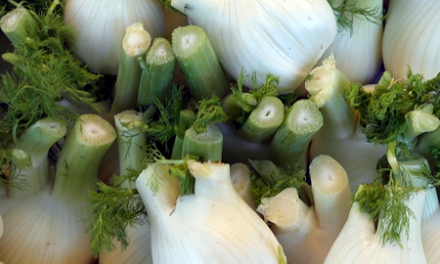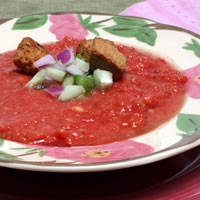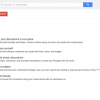Analysis of the National Cancer Institute's public data base on cancer incidence in the United States -- the SEER Program -- does not support an association between the use of aspartame and increased incidence of brain tumors. Data from the SEER program show that overall incidence of brain and central nervous system cancers began increasing in 1973 and continued to increase through 1985 in the United States. Since 1985 the trend line has flattened for these cancers, and in the last two years recorded (1991 to 1993), the incidence has slightly decreased.
The FDA stands behind its original approval decision, but the Agency remains ready to act if credible scientific evidence is presented to it -- as would be the case for any product approved by the FDA.
The question of a relationship between brain tumors and aspartame was initially raised when the Agency began considering approval of this food additive in the mid-1970s.
The agency resolved the brain tumor issue before the initial approval of aspartame in 1981. A Public Board of Inquiry (PBOI) was convened in 1980 by the Agency to review the scientific data presented by G.D. Searle and Company relating to the safety of aspartame. These independent scientific advisors to the Agency concluded that aspartame did not cause brain damage. At the same time, they said that there was not sufficient scientific evidence presented to the PBOI that aspartame did not cause brain tumors in rats. Therefore, the PBOI recommended against approval of aspartame at that time and concluded that further study was needed.
In 1981 after extensive review of the record by FDA scientists, then Commissioner Arthur Hull Hayes approved aspartame as a food additive. In his decision Hayes noted that additional scientific data from a Japanese study about the brain tumor issue corroborated his decision. The PBOI chairman later wrote in a letter to Hayes that the Japanese data would have caused that panel to give aspartame an "unqualified approval."
"As data stood, we were unable to reach a communal feeling of confidence in aspartame's innocuousness on this score and expressed this unease in our report to you. By the same token, we wish to express our endorsement of your final decision in this matter," wrote Walle J. H. Nauta, M.D., Ph.D., of the Massachusetts Institute of Technology.
FDA










